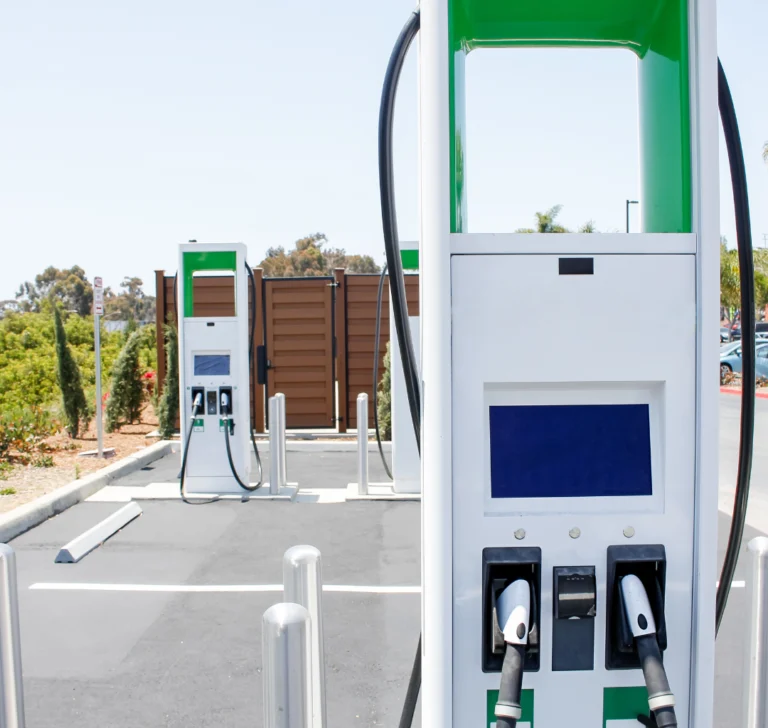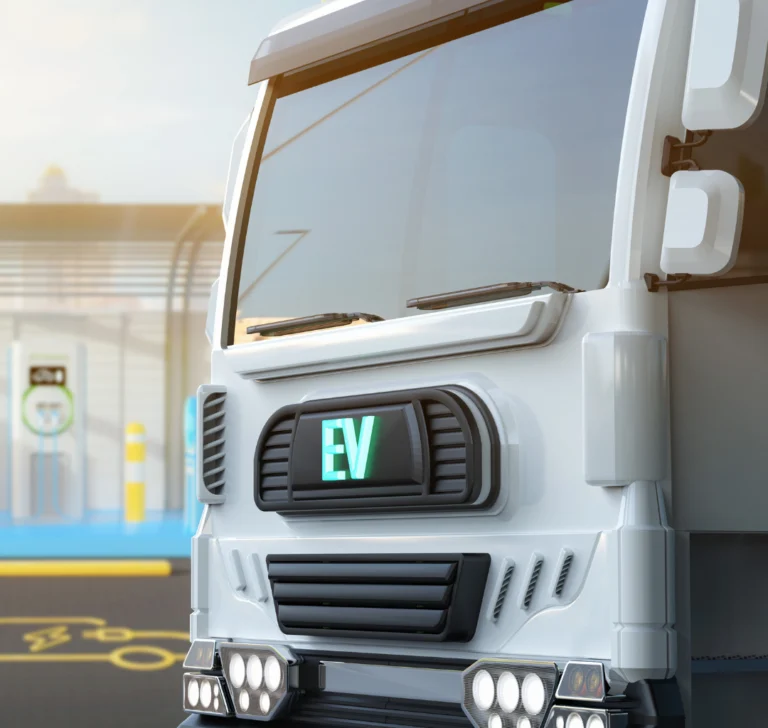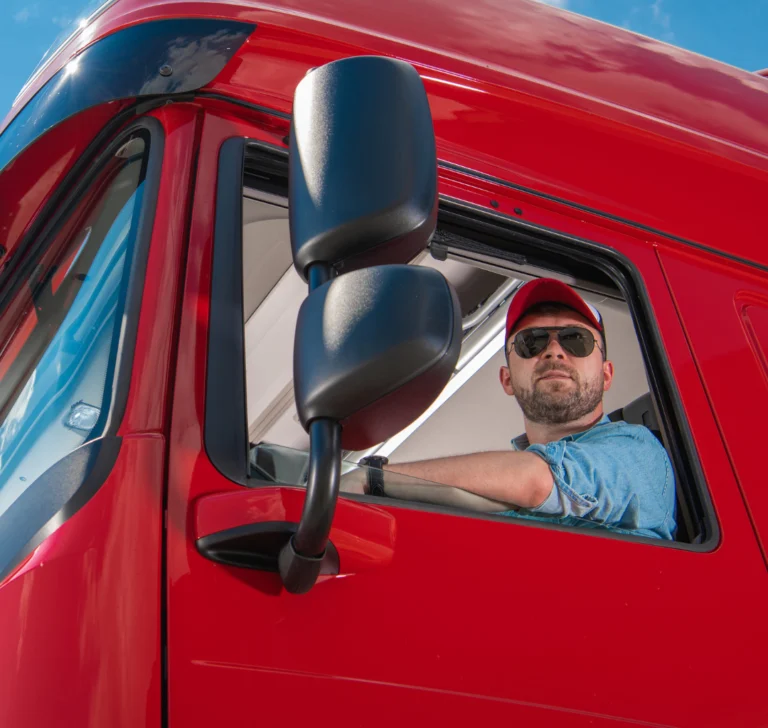As safety concerns rise and electric infrastructure expands, the trucking industry faces mounting pressure from conflicting regulations and calls for systemic change.
No more non-domiciled CDLs, demands OOIDA
The Owner-Operator Independent Drivers Association (OOIDA) has called on the U.S. Department of Transportation (DOT) and the governors of 43 states to immediately suspend the issuance of non-domiciled Commercial Driver’s Licenses (CDLs), following the fatal crash on August 12 on the Florida Turnpike that resulted in three deaths.
The incident has heightened concerns over the issuance of CDLs to non-U.S. residents. The driver involved, Harjinder Singh, failed the English proficiency test required by the Federal Motor Carrier Safety Administration (FMCSA) after the accident. As a result, various transportation groups and associations have voiced their concerns about companies and drivers not complying with this regulation.
OOIDA has expressed strong disapproval of the situation, citing serious safety gaps in the licensing process. The association argues that foreign applicants are not subjected to the same background checks as U.S. citizens, such as driving history verification, which can result in unsafe drivers on the roads.
Additionally, OOIDA urged Transportation Secretary Sean Duffy to revoke states’ authority to issue these licenses and called for a comprehensive review of the system, including how drivers are hired, monitored, and how carriers operate. The association stressed the need for an urgent and coordinated response to ensure highway safety.

Greenlane: new EV charging infrastructure
The Federal Highway Administration recently updated its interim guidance for the national EV charging infrastructure program (NEVI), aiming to help states more efficiently implement charging stations, according to Transportation Secretary Sean Duffy.
In this context, Greenlane, a company specializing in charging infrastructure, announced the creation of its second commercial electric vehicle (EV) corridor along Interstate 10, connecting Southern California and Phoenix. The expansion is being developed in partnership with Windrose Technology, a manufacturer of electric trucks.
Greenlane’s first station, inaugurated in April in Colton, California, features over 40 high-speed chargers for medium- and heavy-duty trucks, along with amenities such as restrooms, 24/7 security, office space, WiFi, and parking.
The new corridor aims to support the electrification of freight transport, enabling companies like Nevoya to test their electric routes using Greenlane’s network. Windrose, meanwhile, plans to produce 2,000 electric trucks in 2026 and up to 10,000 by 2027 further driving the transition to electric freight transport. This is part of ongoing efforts to promote the adoption of EVs and reduce harmful emissions.

CARB sued by truck manufacturers
In another chapter of California’s fight against vehicle emissions, major truck manufacturers like Daimler, International, Paccar, and Volvo, have filed a lawsuit against the California Air Resources Board (CARB) and Governor Gavin Newsom, seeking to invalidate the Clean Truck Partnership agreement. Signed in 2023, the pact requires manufacturers to comply with California’s strict emissions standards, even when these conflict with federal law, a position some industry giants now oppose.
The conflict escalated in June when the Trump administration repealed federal truck emissions regulations, which in turn triggered the activation of the Clean Truck Partnership. The manufacturers argue the agreement is now void, claiming it was signed under pressure and lacks legal foundation.
The Clean Truck Partnership included commitments such as CARB aligning with the EPA’s 2027 NOx standards, a minimum four-year compliance window before new rules take effect, and a ban on manufacturers opposing California’s emissions standards, even outside the state.
However, manufacturers argue CARB has broken its promise, failing to cooperate on infrastructure issues or respect agreed timelines, and is using the agreement as a disguised regulatory tool. “California demands compliance, while the federal government prohibits enforcement of these rules,” the manufacturers state.
The U.S. Department of Justice has joined the lawsuit, asserting that California’s actions violate federal law and must stop. Meanwhile, manufacturers urgently need legal clarity to plan production for the 2026 model year and will proceed with the lawsuit.

DOT extends public comment periods
The U.S. Department of Transportation (DOT) has extended several public comment periods for the following topics:
- The next highway funding bill
- Autonomous driving
- Hours-of-service exemptions
While some deadlines had already expired, the DOT has extended them to encourage broader participation. This is a key opportunity for truck drivers to make their voices heard during the rulemaking process. To submit comments, visit the official USDOT website.


The best roadside attractions for truckers in the U.S.
America’s highways hide unique places that break up the routine, don’t hesitate to check out these roadside attractions along the way. The road is much

The trucker style: comfort, function, and identity
Truckers’ style is much more than workwear; it’s an identity. These are the most commonly worn garments among truckers. Truckers’ style is much more than

Chaos on Highway 61: Viral Wrong-Way Truck Video Reignites the CDL Debate
An 80-ton tractor-trailer traveling miles in the wrong direction on Missouri’s Highway 61 has reignited a nationwide debate over Commercial Driver’s License (CDL) standards, training

How technology affects driver retention
Friend or foe? 52% of drivers say technology directly influences their decision to stay with or leave a fleet. Fleet telematics company Platform Science published

Dalilah Law seeks to remove non-english speaking commercial drivers
President Donald Trump proposed the “Dalilah Law,” an initiative aimed at prohibiting undocumented immigrants from obtaining commercial driver’s licenses. On February 24, President Donald Trump

FORMULA 1 and the AI That Could Transform Transportation in the U.S.
The artificial intelligence system that Formula 1 implemented to monitor every car on every turn is opening the door to new applications in trucking, logistics,
